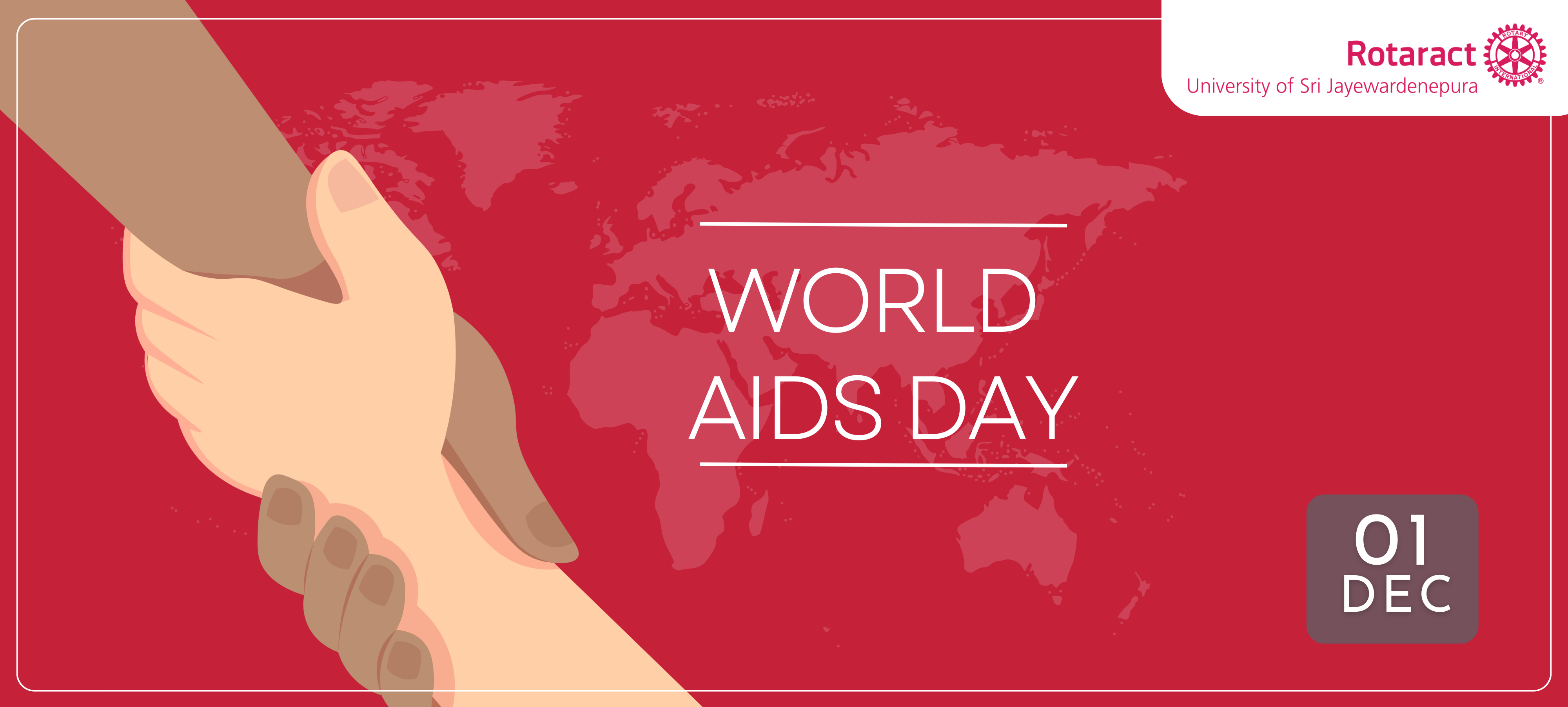The 1st of December marks a date of significance on the global calendar. A date when communities join hands to bring awareness to HIV/AIDS, advocate for the rights of patients, strive for a cure, and commemorate those who have lost their lives to this disease. It is also the date that marks the inception of UNAIDS (The Joint United Nations Programme on HIV/AIDS), which was initiated with the hope of driving global transformation in the treatment of the disease, funding medical research, enabling accessible treatment, as well mitigating myths surrounding the disease, creating awareness and bringing together communities to eradicate the stigma surrounding HIV/AIDS.
HIV has become a global health epidemic that affects millions of individuals globally throughout time. The Joint United Nations Programme on HIV/AIDS (UNAIDS) estimates that 38 million persons worldwide were HIV positive in 2020. The virus still kills people despite improvements in prevention and treatment, with sub-Saharan Africa bearing the brunt of the disease.
The Goals for 2023
The year 2023 denotes the 35th year this inaugural event will take place, following its inception in 1988, with the theme, “Remember and Commit.” Throughout the years, the exceptional amount of research on the disease and medical breakthroughs, coupled with the increased access to treatment and widespread awareness, has given the hope of a healthier, happier future for patients worldwide.
A global response is required to curb the spread of HIV/AIDS and eradicate the stigma that surrounds the topic.
This year, the National HIV/AIDS Strategy and PEFPAR Strategy hopes to raise awareness and bring an end to discrimination by lowering stigma, encouraging testing and prevention, and disseminating accurate information about HIV. Effective HIV testing, prevention, and care continue to face significant obstacles from stigma and discrimination. To combat the HIV epidemic, we must commit to establishing inclusive societies by putting a stop to discriminatory laws, policies, and behaviors.
Providing high-quality, reasonably priced, culturally appropriate prevention, testing, and treatment to all individuals, particularly to critical populations, is imperative. This includes developing accessible healthcare and support services. Millions of people lack access to drugs and life-saving medical care. For many of those who do have access, treatment is frequently interrupted by issues with housing, transportation, or food instability. To help people living with HIV achieve optimal health and wellness, a comprehensive strategy is to be put together this year.
A crucial element of the effort to stop the HIV epidemic is prevention. To lower the number of new infections, we must keep pushing for education, and safe practices that include access to PEP and PrEP (preventive drugs for HIV), syringe services, and overdose prevention initiatives.
Innovation and scientific research have been essential to the advancement of the HIV epidemic during the past 40 years. Finding a cure eventually depends on continuing research to create new therapies and preventative measures.
Initiatives and programs perform best when they are led by the voices of the most affected communities. People who have lived the experience must be trusted to tell us what works and what doesn’t.
We are promoting collaboration and cooperation between nations, institutions, and people to build an international network of resources and support for our joint endeavors. As we all work to combat HIV globally, this includes supporting the reauthorization of PEPFAR and keeping up our efforts to increase best practices and lessons learned between our domestic and international programs.
Global collaboration; a world of transformation
As we approach another World AIDS Day, let’s imagine a united world in which hues of understanding overshadow the stigmatizing colors. By working together, we can create a future in which everyone has access to healthcare, not just those who can afford it. No one has to face the dark alone.
World AIDS Day asks us to be artists of change, using brushes of awareness, compassion, and action, in this great artwork of compassion and resilience. Let’s imagine a time when HIV/AIDS is only a distant memory and hope shines brightly on the global health scene.
Written by: Rtr. Manushi Rathnayake
Graphic design by: Rtr. Sathmi Dinanja


0 Comments